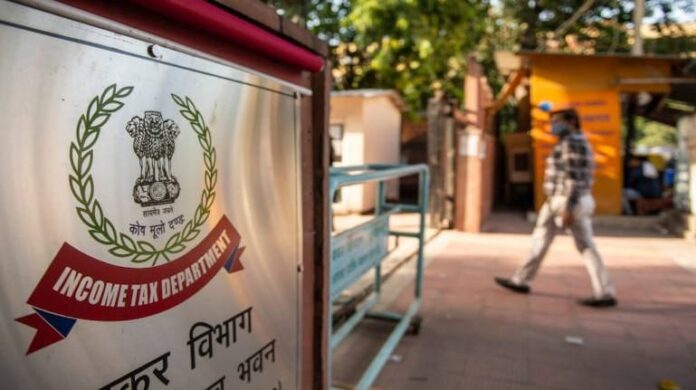The Income Tax Department in India keeps an eye on high value transactions such as cash deposits, property deals, foreign exchange, electricity bills etc. and can send notices if there is any suspicion.
The Income Tax Department in India is constantly monitoring high value transactions so that any kind of tax evasion can be prevented. Whether it is depositing huge cash in the bank or buying property worth crores, information about every transaction goes into the system and if needed, the taxman can directly ask questions. Therefore, if you are also making big transactions, then it is very important to understand under which circumstances your transaction can come under the purview of red flag.
The government has given the responsibility to banks, mutual fund houses and other financial institutions to send the report of high value transactions to the tax department. This makes it easier for the taxman to identify those people who try to save tax by hiding their actual income. In such a situation, it is important for the common people to know which 11 types of transactions directly come on the radar of the tax department.
Which transactions come under monitoring?
- Cash Deposit (Savings Account) – Banks/post offices/co-operative institutions report cash deposits of ₹10 lakh or more in a savings account in a year.
- Cash in current account – If there is a deposit or withdrawal of more than ₹ 50 lakh in a current account in a year, then this also comes under monitoring.
- Real estate deals – When buying or selling a property, transactions of ₹30 lakh or more are required to be reported to the tax department through the registry office.
- Investments in shares, mutual funds, bonds – Investments of ₹10 lakh or more in cash are reported by companies and trusts.
- Cash payment of credit card bill – If a cash payment of more than Rs 1 lakh is made, banks flag it.
- Non-cash payment of credit card bills – Payments of more than ₹ 10 lakh through digital or cheque also come under the scrutiny of the department.
- Foreign Exchange Transactions – Foreign exchange expenditure/transactions exceeding ₹ 10 lakh in a financial year are reported by authorised dealers.
- Fixed/Recurring Deposit (Cash) – Cash deposits of ₹10 lakh or more in banks or NBFCs are reported.
- DD and Pre-paid RBI instruments – Cash payments of ₹10 lakh or more are reported.
- Expenses on foreign travel – If you spend ₹2 lakh or more on foreign travel, it becomes mandatory to file ITR.
- Electricity bill payment – If you pay electricity bills of ₹1 lakh or more annually, you may have to file ITR even if you have a low income.
Why does the tax department keep an eye?
- All these transactions are recorded in Form 26AS and Annual Information Statement (AIS).
- It is easy for the Income Tax Department to match them and in case of any discrepancy, a notice can be issued.
- Despite making huge expenditure, if your Income Tax Return (ITR) does not match then the suspicion increases.
- Cash withdrawals exceeding ₹1 crore may be subject to 2% TDS (and 5% for non-filers).




